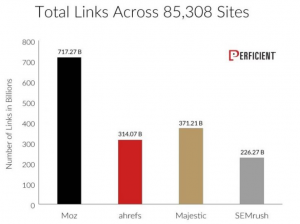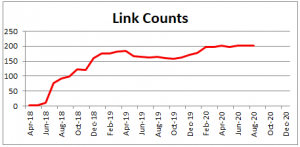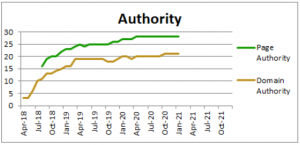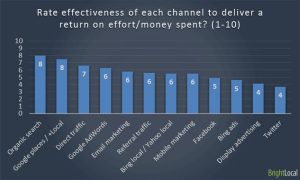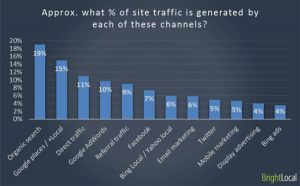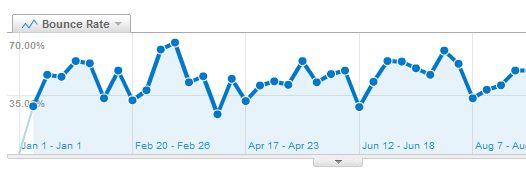Monitor Your Search Rankings and Visibility
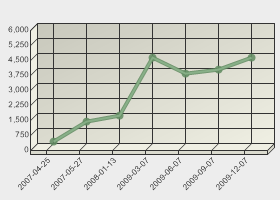 Search rankings are always in flux
Search rankings are always in flux
While organic rankings achieved ethically often tend to be stable for months and years without further attention, they aren’t permanent.
As your business changes, you’ll update your website and may inadvertently de-optimize parts of it. As competitors conduct SEO programs and more effectively compete for rankings, your visibility may drop.
The danger is real
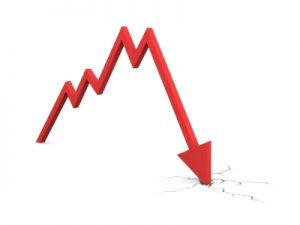
A former client of ours had achieved and maintained enviable search rankings when we last checked his rankings. But that had been five years before. At the time, he was so busy from the SEO we did that he was reluctant to do continue active SEO lest he be unable to keep up with the business.
Five years later (in 2009) he was blaming his slow business on the recession going on at the time. But a quick check showed that as a result of changes to his web site that partially de-optimized it, his search rankings had slid dramatically over those 5 years.
It was much harder to get his rankings back at that time than it would have been if we’d attacked the problem in a more timely manner. If we’d only been able to keep an eye on them periodically, he would have maintained his level of business.
Don’t neglect monitoring your search rankings
That’s why our SEO Monitoring program checks your rankings in a detailed report every month. If you don’t want a formal monitoring program like our search ranking reporting, you need to at least check your important rankings manually. And you need t do that on a regular basis so you’ll know when you start to lose visibility so you can take corrective measures promptly.
[Updated from the original post in December, 2009]
 I often explain that despite the “Magic” in our company name, SEO isn’t magic, and there really should be no secrets about how it works. Nevertheless, it does require a little shift in how you think about your website to understand what works and why. Small business SEO mistakes can be pretty easily avoided if you know what they are.
I often explain that despite the “Magic” in our company name, SEO isn’t magic, and there really should be no secrets about how it works. Nevertheless, it does require a little shift in how you think about your website to understand what works and why. Small business SEO mistakes can be pretty easily avoided if you know what they are.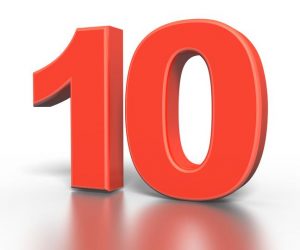
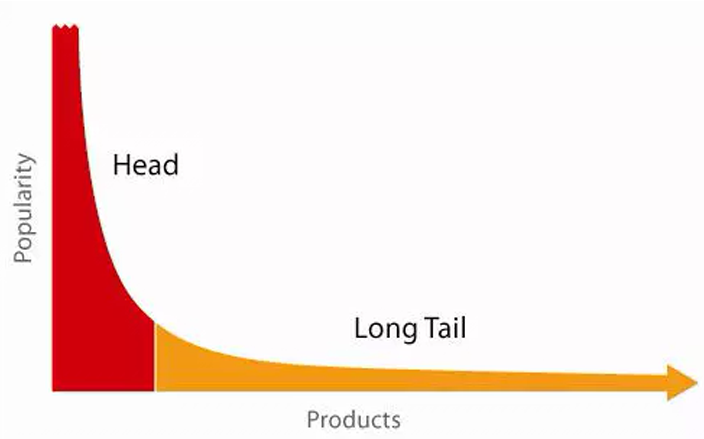
 Just about anything you do on a website specifically for Google, is likely to fail to address the needs of your customers. As Google has improved over the years, it’s gotten very smart about identifying websites that are helpful to users as opposed to being focused just on Google. It’s important to bear in mind that the user experience on a website is a ranking factor at Google.
Just about anything you do on a website specifically for Google, is likely to fail to address the needs of your customers. As Google has improved over the years, it’s gotten very smart about identifying websites that are helpful to users as opposed to being focused just on Google. It’s important to bear in mind that the user experience on a website is a ranking factor at Google.
 We all think our website copy is going to make us irresistible and will make users reach out to us without us having to ask. We’re delusional about that.
We all think our website copy is going to make us irresistible and will make users reach out to us without us having to ask. We’re delusional about that.